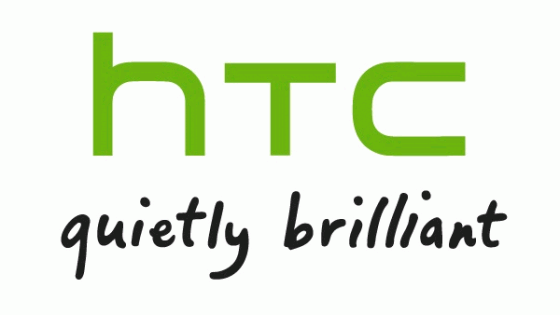Despite Android being an open source mobile operating system, many device makers have prevented their device from receiving too many software changes, locking users down to the operating system and apps provided by the maker. Thankfully, HTC has finally realized that’s not fair.
In a statement posted on Facebook on Friday, Peter Chou, HTC’s CEO posted the following:
There has been overwhelmingly customer feedback that people want access to open bootloaders on HTC phones. I want you to know that we’ve listened. Today, I’m confirming we will no longer be locking the bootloaders on our devices. Thanks for your passion, support and patience,
That post, with 5,622 likes and as many as 1,675 comments, has had the HTC community up in arms ever since. Maybe now they will learn that listening to feedback from their customers actually pays off.
HTC phones won’t be the only ones on the market with unlocked bootloaders. Google’s Nexus S’ bootloader is known for being incredibly easy to access, only requiring users to hold the volume and power buttons for a few seconds But then that was because both Nexus One and Nexus S were Google branded phones, mainly targeted towards developers. If you want to learn how to root your Nexus S, click here. For the Nexus S 4G, click here.
Another company that had previously crippled its phones and prevented rooting has now changed its mind as well. Motorola, the company known for making the original Droid and later the Droid X and the Droid 2, announced it would be releasing phones with modifiable bootloaders "later this year". The company would previously force the headsets into "recovery mode" (or essentially render them useless) if an unsigned firmware was detected.
HTC’s move could have been simply for competitive reasons, not necessarily the sheer will to listen to its customers who have been urging the company to go open for years. Higher-end users have been real fans of the Nexus S for being easily modifiable and not getting in the way, I’m sure HTC doesn’t want to lose that market share, especially now that Motorola is on board as well.
Carriers have always felt the need to load software onto the phones they sell in order to honor profitable partnerships with popular companies. That built-in software can go from a browser that’s forced on users to a sponsored movie rental App. But users own the phones, not the carriers: shouldn’t we be able to decide what we want on our devices?
You can follow us on Twitter or join our Facebook fanpage to keep yourself updated on all the latest from Microsoft, Google and Apple.


